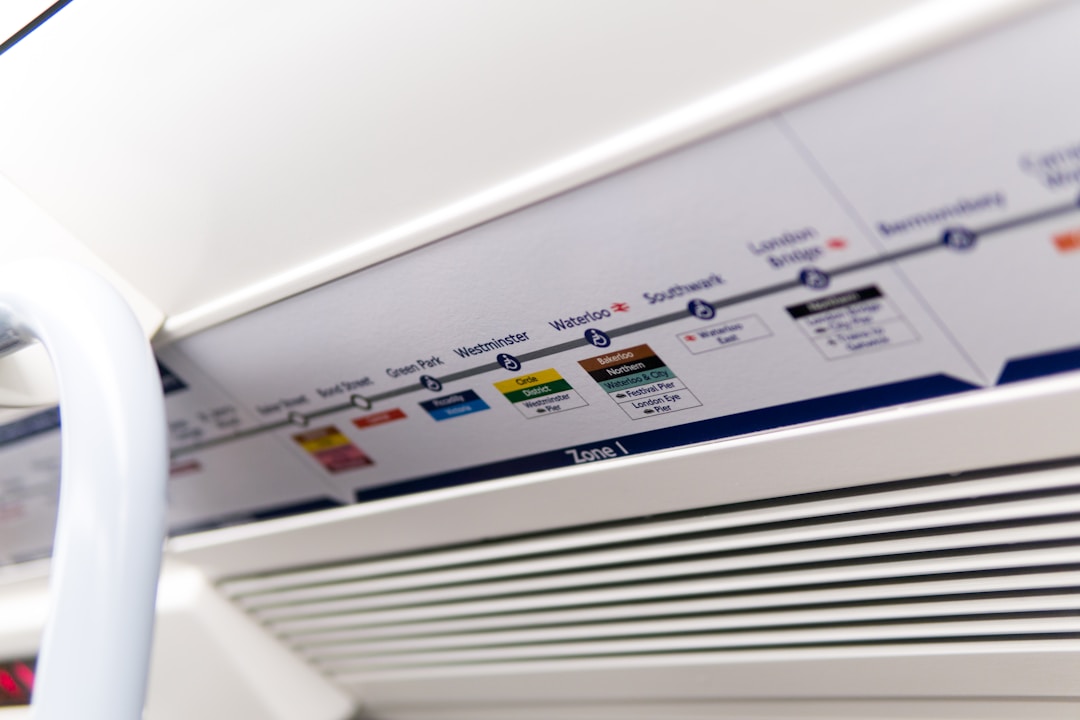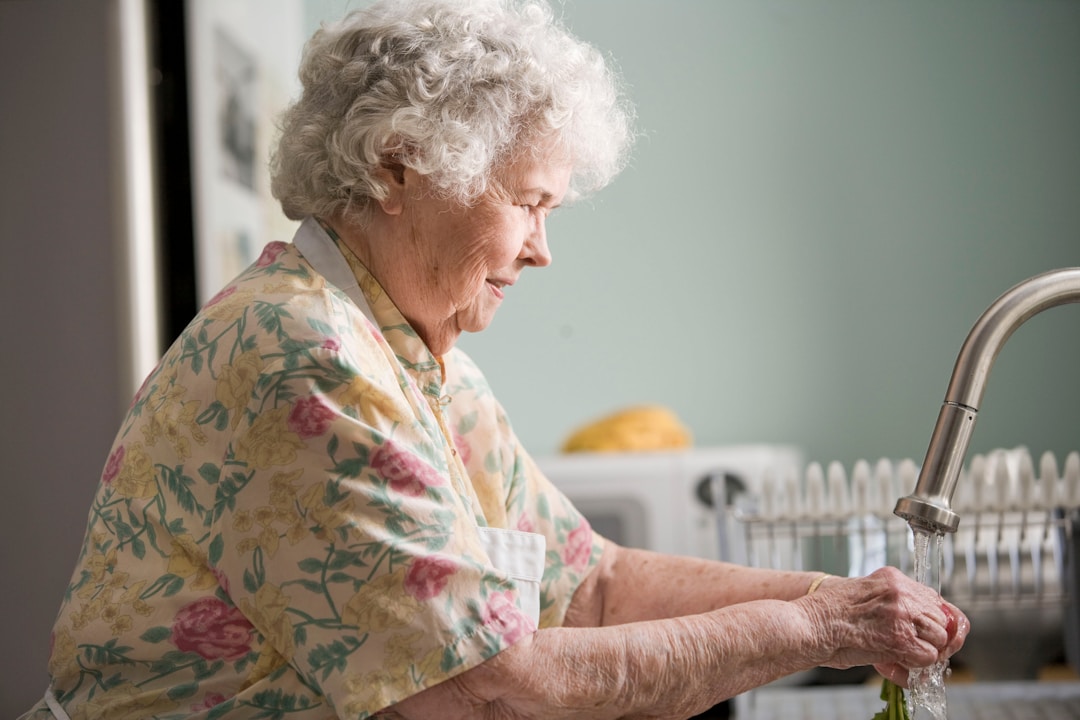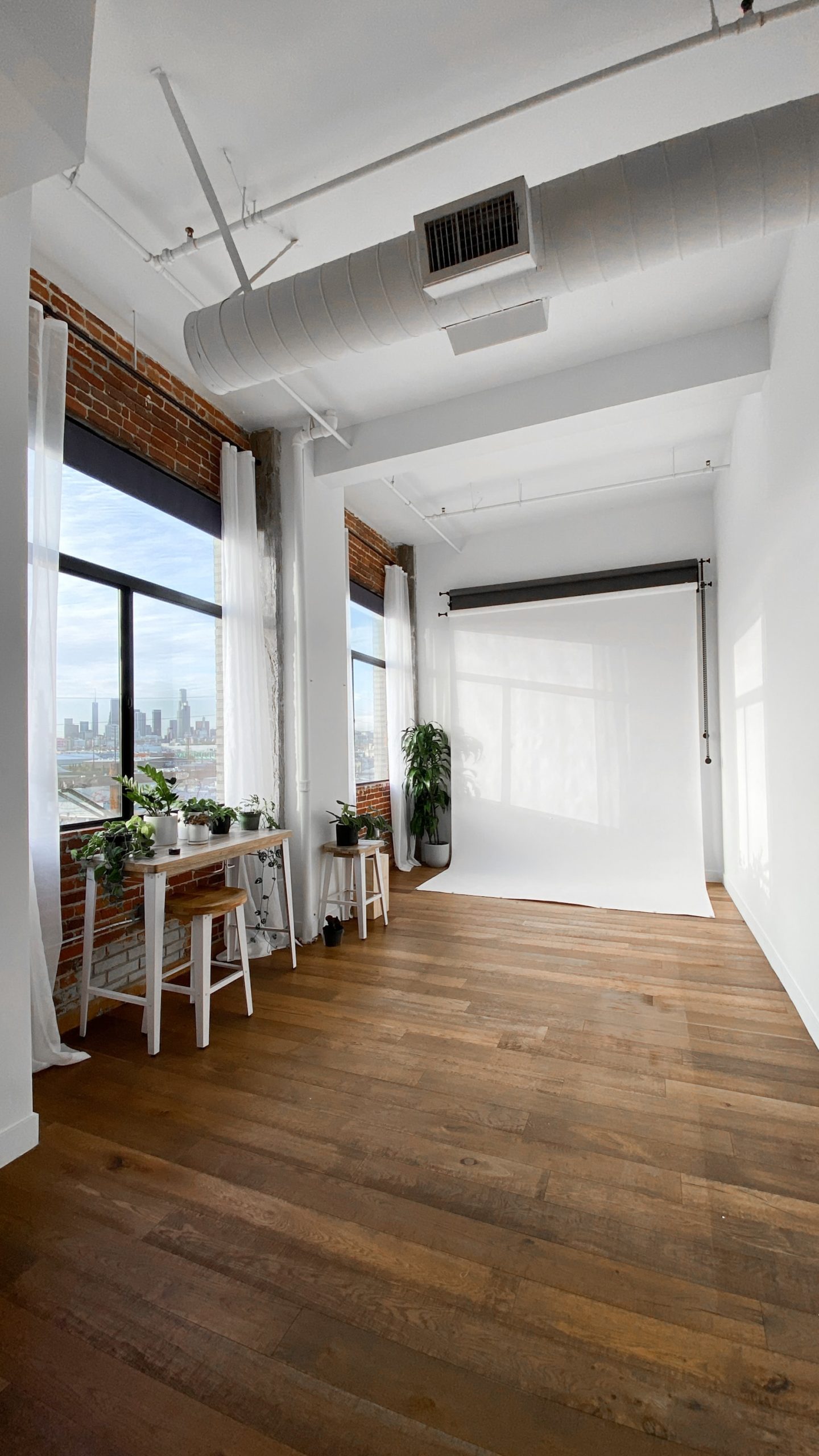What Are the Benefits of Replacing Your Air Filters?
It’s extremely important to maintain your HVAC system, and part of this regular maintenance includes replacing your air filter. Surprisingly, depending on your type of filter, you have to replace air filters every one to three months. This replacement is important if you want to prevent and protect you and your loved ones from the adverse side effects of poor indoor air quality. Keep reading to explore the numerous benefits of changing your air filter.
How to replace your air filter.

As a homeowner, you must remember to replace your air filters regularly in order to maintain your HVAC unit properly. This replacement is a critical step to keep your system working efficiently. When you avoid changing your air filter, you allow it to become clogged with dust, allergens, mold, pet dander, and other debris. This build-up means that your air conditioning or heating unit is now working much harder than it needs to. In turn, this strain may cause unintended damages and a higher energy bill. When you weigh the out-of-pocket costs, it’s much cheaper to maintain your air filter maintenance than to cause any damage to your HVAC unit. On top of saving you some cash, you should note that a dirty air filter may lead to improper air flow including ventilation. When it’s time to get your air filter replaced, you can try to replace it yourself. However, it’s always a good idea to get your unit checked by HVAC-certified professionals who will guarantee your system is in top shape.
Understand the adverse effects of poor air quality.

Though a clogged air filter wreaks havoc on the longevity of your HVAC system, it’s also detrimental to your health. When you neglect your filter, you allow pesky pollutants to continue to permeate throughout your home. The filter is supposed to filter out the mold, dust and dander, mold, and pollen. However, when you keep a dirty air filter in your unit, you’re essentially diminishing the efficacy of your filter and spreading these allergens throughout your home every time your air conditioner or heater turns on. With this dirty filter, you’re creating poor air conditions within your home that can cause an entire host of symptoms. A few short-term health effects from poor indoor air quality are headaches, dizziness, and exacerbated asthma and allergy symptoms. Unfortunately, the long-term health effects are dismal, like respiratory illness, heart disease, and even cancer. For all of these reasons, it’s always a good idea to properly maintain your furnace and air conditioner.
Protect your entire family.

With all of these health side effects in mind, it’s important to note that poor air quality negatively affects certain demographics more than others. For example, poor air quality particularly aggravates the elderly. Since many seniors already have other pre-existing respiratory conditions, it’s vital to ensure their indoor air quality isn’t contributing to any of their ailments. Make sure that your parents or grandparents have the proper private health insurance for seniors so that they get the medical care they need. If you’re the caregiver for your parent or other seniors, you can do your part by making sure that their respiratory health is checked by a doctor. However, another simple intervention is to guarantee that their HVAC’s old filter is replaced with a new air filter. This ensures that seniors aren’t breathing in any pollutants or allergens that may make their current symptoms any worse.
By maintaining your HVAC unit, you’re choosing to take the smartest preventative measures for your home. It really is as simple as keeping up the proper maintenance and replacing your air filter. In turn, you’re committing to healthier indoor air quality that’s safer for you and your loved ones.

